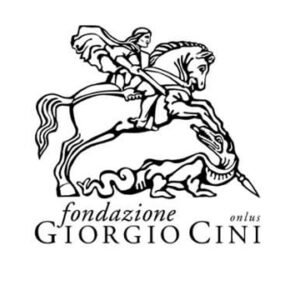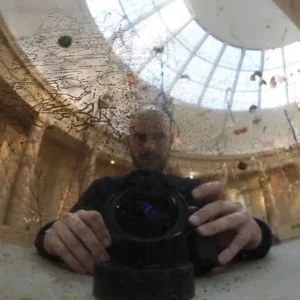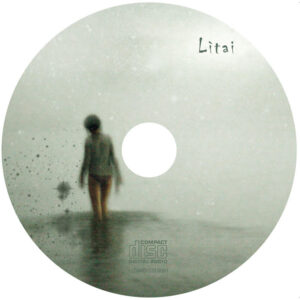Sufism, the spiritual, mystical, and esoteric dimension of Islam, is experiencing a renewal in the 21st century. Charismatic Sufi masters have been able to revitalize their language, attracting new disciples and going beyond their cultural-geographic framework.
This book describes the development of Sufism in Western Europe, particularly in France and Italy, through extended empirical research based on participant observation in four Sufi orders in the Parisian and Milanese contexts. The Sufi orders considered are the ʿAlāwiyya, the Būdshīshiyya, the Naqshbandiyya Ḥaqqāniyya and the Aḥmadiyya-Idrīsiyya Shādhiliyya.
By re-elaborating the categories of the socio-anthropology of religions, the author shows the tension present in contemporary Sufism between the scientia experimentalis – mysticism – centered on the direct experience of the divine, which implies a certain permeability and creativity, and the sacra doctrina – the tradition – focused on the sacred texts, which reproduces the structures and the Islamic moral order.
In addition, the author illustrates the different forms of hybridization between the Islamic-Sufi tradition and Western esoteric discourses, in particular the Guenonian-Traditionalist and the “new age” discourse. These hybridizations often involve the creation of new doctrines, rituals, and organizational structures, and produce different universalist discourses. Finally, the author examines some aspects of the politics of Sufism in Europe, such as lack of interest due to an imminent eschatology, civic engagement and metapolitical elitism.







